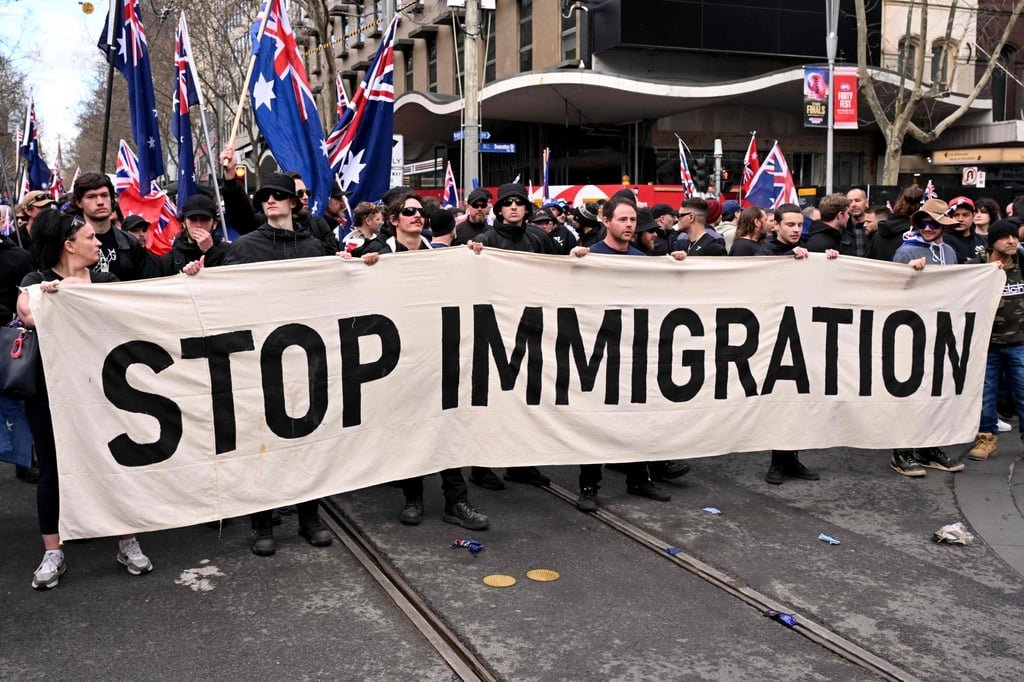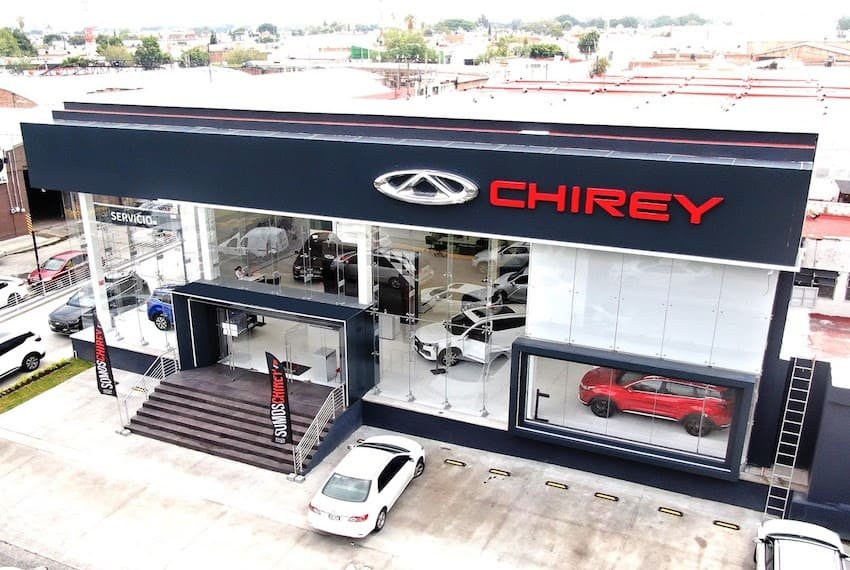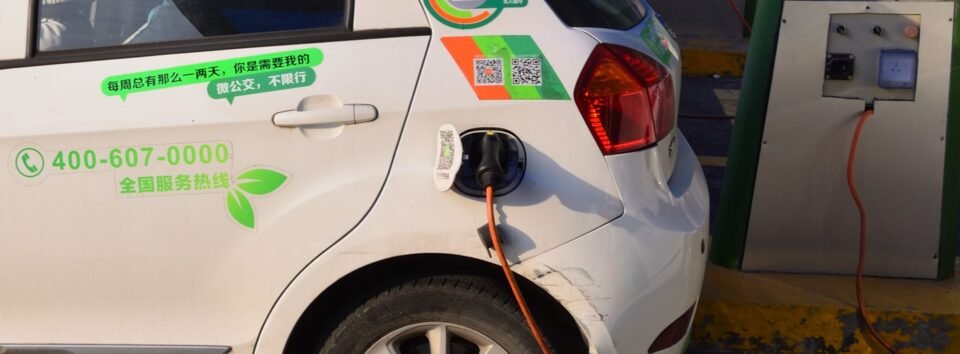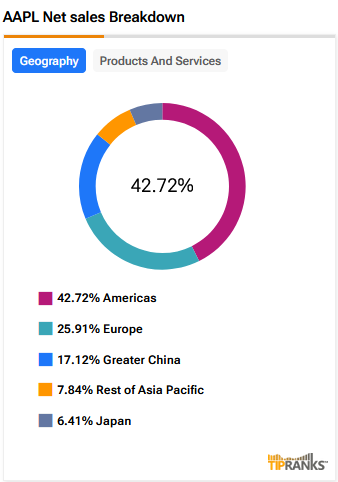Donald Trump says the United States will move to impose sanctions on Russia on the condition that all NATO countries stop buying Russian oil and set tariffs of 50 to 100 per cent on China.
In a Truth Social post on Saturday, the US president said he was ready to hit “go” on energy sanctions if NATO heeded his calls, which he argued would help end the war in Ukraine quicker.
“I am ready to do major sanctions on Russia when all NATO Nations have agreed, and started, to do the same thing, and when all NATO Nations STOP BUYING OIL FROM RUSSIA,” Mr Trump wrote.
“NATO’s commitment to WIN (the Ukraine war) has been far less than 100%, and the purchase of Russian oil, by some, has been shocking! It greatly weakens your negotiating position, and bargaining power, over Russia.
“I believe that this, plus NATO, as a group, placing 50% to 100% TARIFFS ON CHINA, to be fully withdrawn after the WAR with Russia and Ukraine is ended.”
Mr Trump has repeatedly threatened Russia with additional sanctions as a way to hit at revenue needed to sustain its war effort, but has failed to follow through, frustrating Ukraine.
His bid to pressure NATO comes at a time when Washington and its allies are seeking to show a firmer degree of resolve against Moscow, but Mr Trump has at times been seen as reluctant to confront Russian President Vladimir Putin.
The US president has faced criticism at home for repeatedly setting two-week deadlines for Russia to de-escalate, but allowing them to pass without concrete action.
A survey by the Pew Research Center last month showed a majority of Americans were not confident in Mr Trump’s decision-making about the Russia-Ukraine war.
It also showed 33 per cent of people believed the US president was favouring Moscow too much, compared to 6 per cent who said so of Kyiv.
Non-EU NATO member Türkiye reliant on Russian oil
Energy revenues remain the Kremlin’s single most important source of cash to finance the Ukraine war, making oil and gas exports a central target of Western sanctions.
But officials and analysts warn that aggressive curbs on Russian crude also carry risks of driving up global oil prices, a prospect that could strain Western economies and weaken public support for the measures.
As of August, the European Union was the fourth-largest buyer of Russian crude, accounting for 6 per cent of Moscow’s total export revenue, according to the Centre for Research on Energy and Clean Air.
The EU’s purchases were level with Türkiye, which also purchased 6 per cent, and has remained the third-largest buyer of Russian oil after China and India since 2023.
Europe’s imports of Russian fossil fuels overall have markedly gone down since the Ukraine war began in 2022.
Donald Trump has previously described his relationship with Vladimir Putin (left) as “very close”. (Reuters: Kevin Lamarque)
But Mr Trump’s demands on Saturday were not addressed to the EU, but to NATO specifically, which includes non-EU nations such as Türkiye.
Türkiye’s position in the trans-Atlantic alliance is complex. It provides military support to Ukraine, but is also aligned with Russia.
Being NATO’s eastern guardian, it is a strong military power and has an army only surpassed in size by America’s, however, outside of the treaty, Washington and Ankara do not share close ties.
Other members of the 32-state alliance involved in purchasing Russian oil include Hungary and Slovakia.
It is unclear whether Mr Trump would want to directly confront Turkish President Recep Tayyip Erdogan or Hungarian Prime Minister Viktor Orbán.
That leaves uncertainty over whether the threats might actually lead to new tariffs or a ban on Russian oil purchases.
Collateral damage possible from more tariffs on China
Mr Trump argues NATO imposing a collective tariff of 50 to 100 on Chinese imports — and then withdrawing them after the Ukraine war ends — would weaken Beijing’s economic grip on Moscow.
Even if agreed to, it is unclear how NATO could act as a bloc on matters of trade, which relate to the economy and do not fall under its primary remit as a defence alliance.
The US and China are already locked in a trade war after Mr Trump hit Chinese goods with tariffs of 145 per cent this year, prompting China to retaliate with 125 per cent import taxes on American goods.
Taxes at that level were essentially a blockade on commerce between the world’s two largest economies, causing worries about global growth that led to negotiations that ratcheted down the tariffs being levied by both nations.
So that trade talks could proceed, America lowered its tariffs against China to a still-high 30 per cent, while China took its rate to 10 per cent.
The US president has already imposed an extra 25 per cent import tax on goods from India for its buying of Russian energy products, bringing total punitive duties on Indian goods to 50 per cent and souring trade negotiations between the two democracies.
NATO members imposing further import tax hikes on China, and its retaliation, could carry collateral damage for the US and European economies.
EU President Ursula von der Leyen said this week in her State of the Union address that any new sanctions package would be in line with EU rules, including “the long-held principle that our sanctions do not apply extra-territorially”.
In a call on Friday, finance ministers from the Group of Seven nations — the US, UK, Canada, France, Germany, Italy and Japan — discussed further sanctions on Russia and possible tariffs on countries they consider to be “enabling” its war in Ukraine.
During the call, US Trade Representative Jamieson Greer and Treasury Secretary Scott Bessent called on their counterparts to have a “unified front” to cut off “the revenues funding Putin’s war machine”.
Mr Trump’s letter also comes at a tenuous time for NATO as it commits extra resources to the new Operation Sentry on its eastern flank, launched on Friday in response to Russian drones entering Poland’s airspace last week.
ABC/wires







